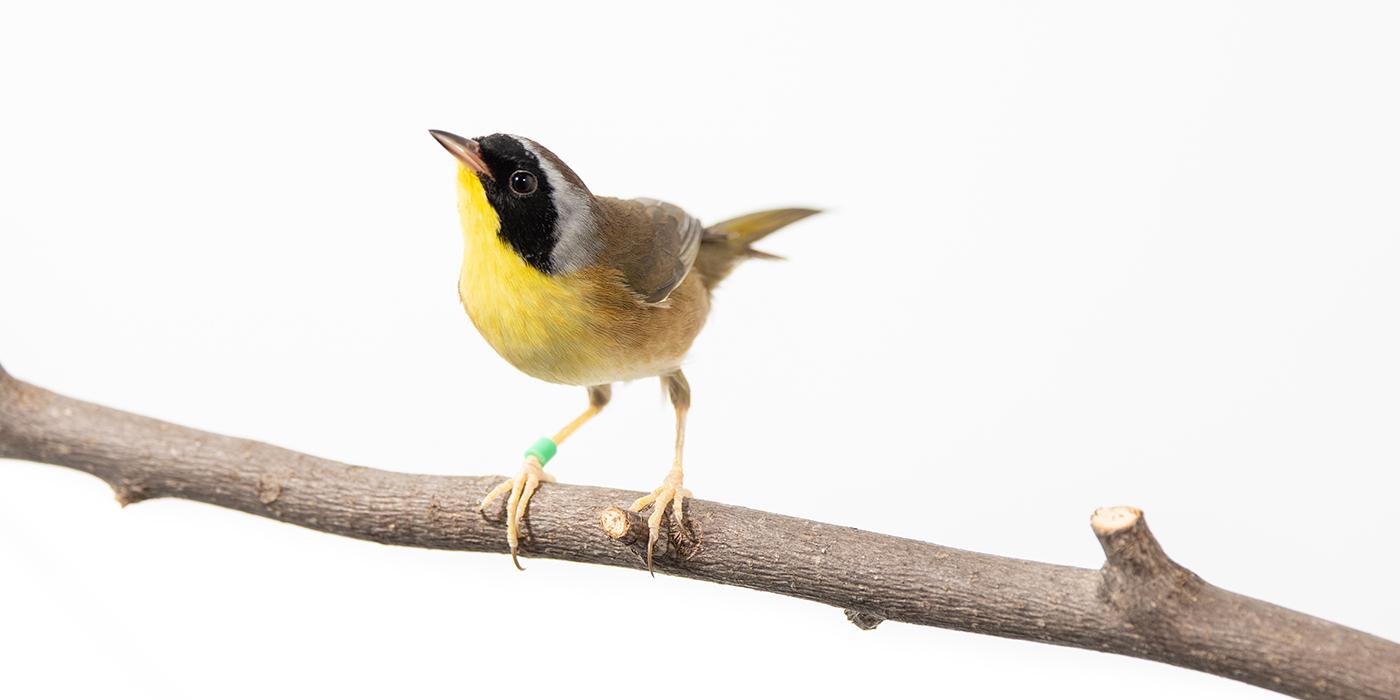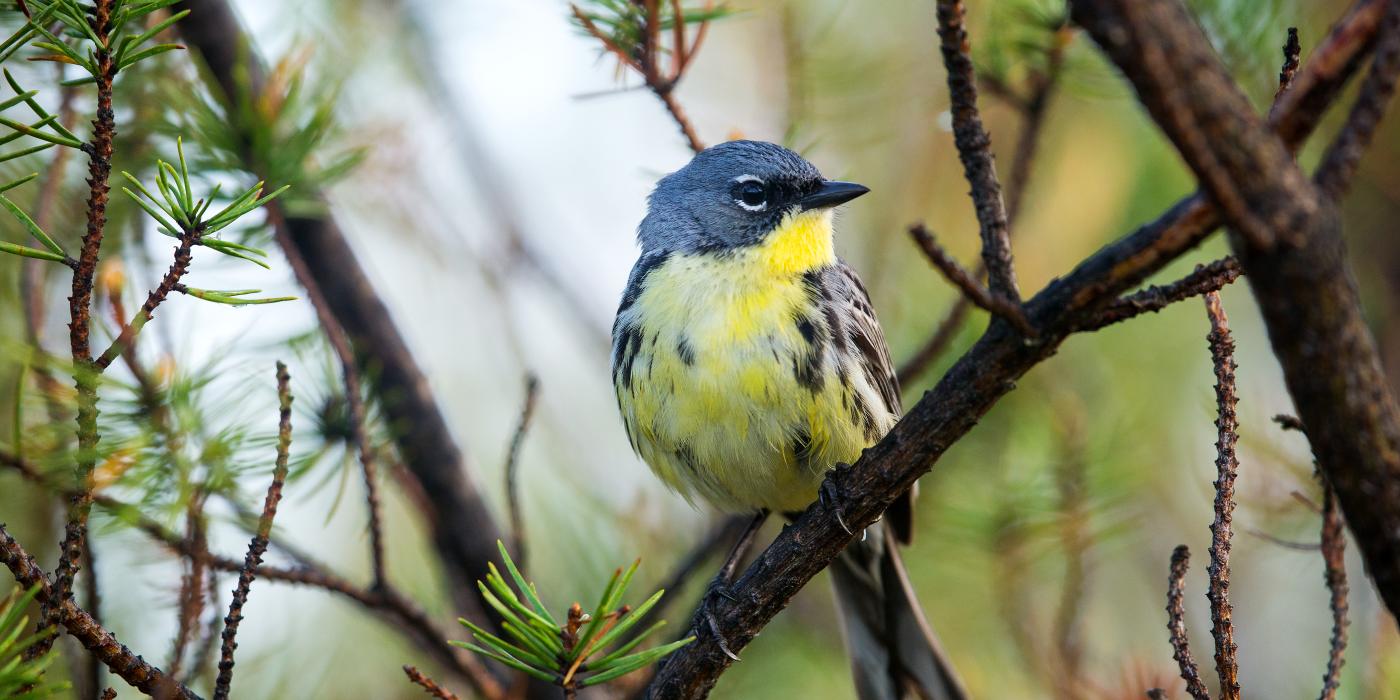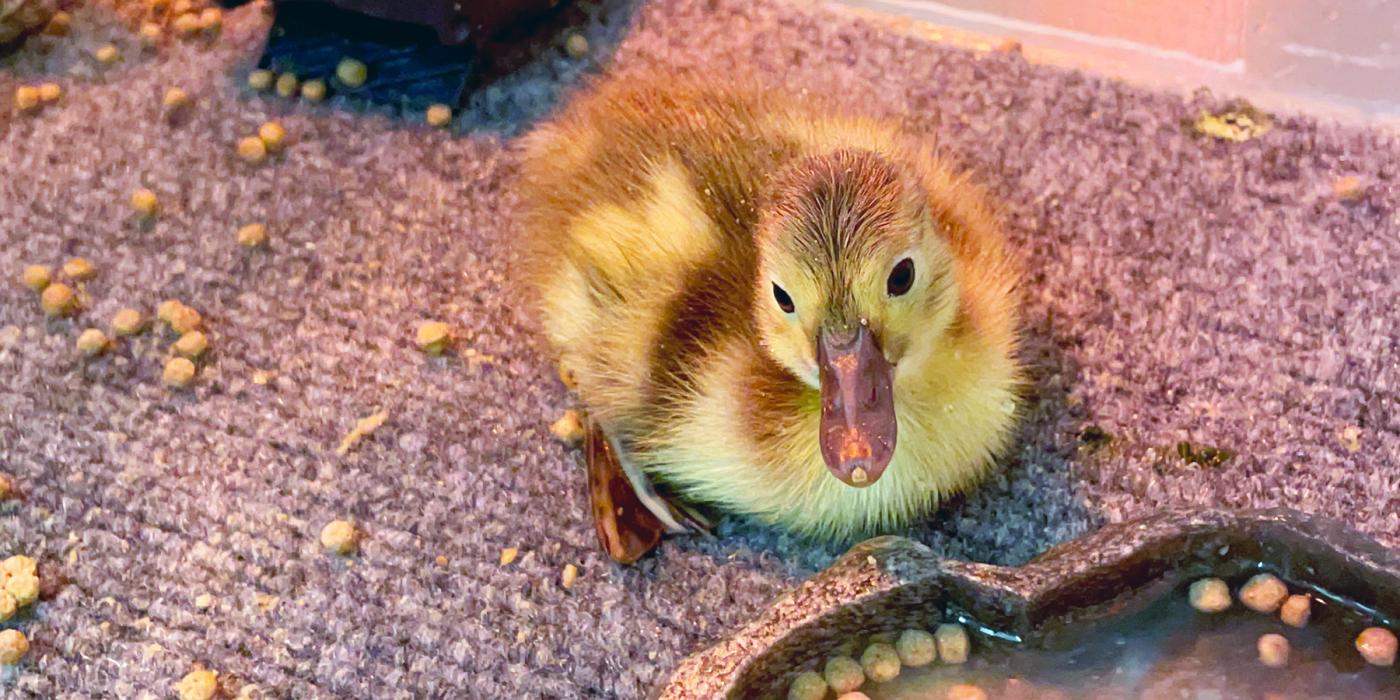How to Drink—and Live—Bird Friendly
If we want what’s best for birds, it’s good to go wild
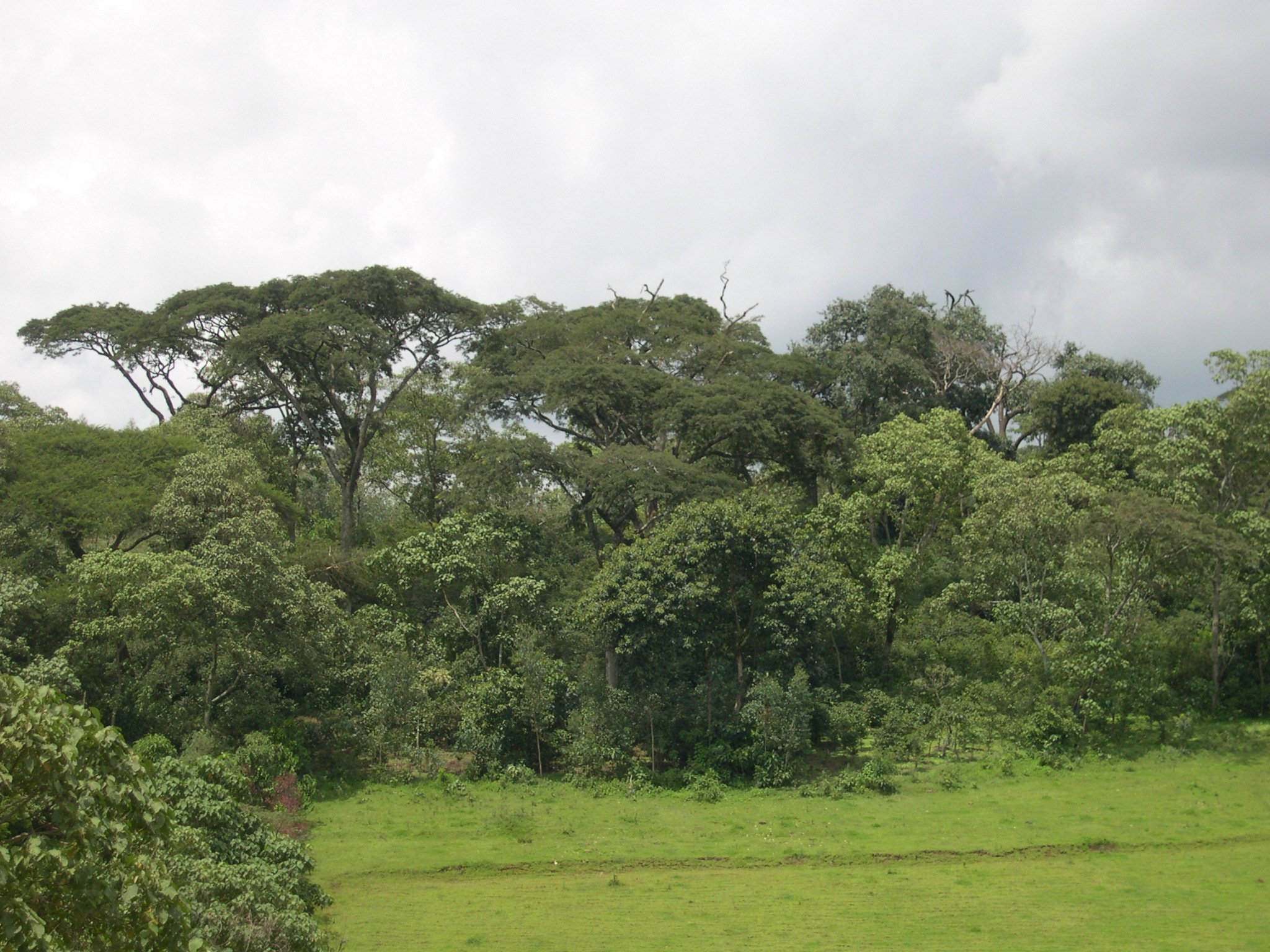
About 300 miles southwest of Addis Ababa, Ethiopia, in the shaded understory of Kafa Biosphere Reserve’s montane rainforests, one of the world’s most traded commodities still grows wild. Silvery-cheeked hornbills and other birds eat its red fruits and disperse the large seeds over hundreds of miles. Local people roast handfuls of the seeds at a time, which are then brewed into a delicious drink that is sipped slowly in traditional, hours-long ceremonies. Ethiopia’s forest-grown Coffea arabica is the mother of all arabica coffees farmed around the world — from Colombia to Sumatra — and beloved globally.
Today, most coffee is grown in vast, open monocultures — not under the shade of forest trees where it evolved. This transformation has led to large-scale deforestation, chemical pollution and soil erosion. It has also dramatically reduced wildlife habitat, including for North American migratory bird species that overwinter in coffee-producing regions. This disappearing habitat has contributed to the loss of nearly 3 billion birds since 1970.
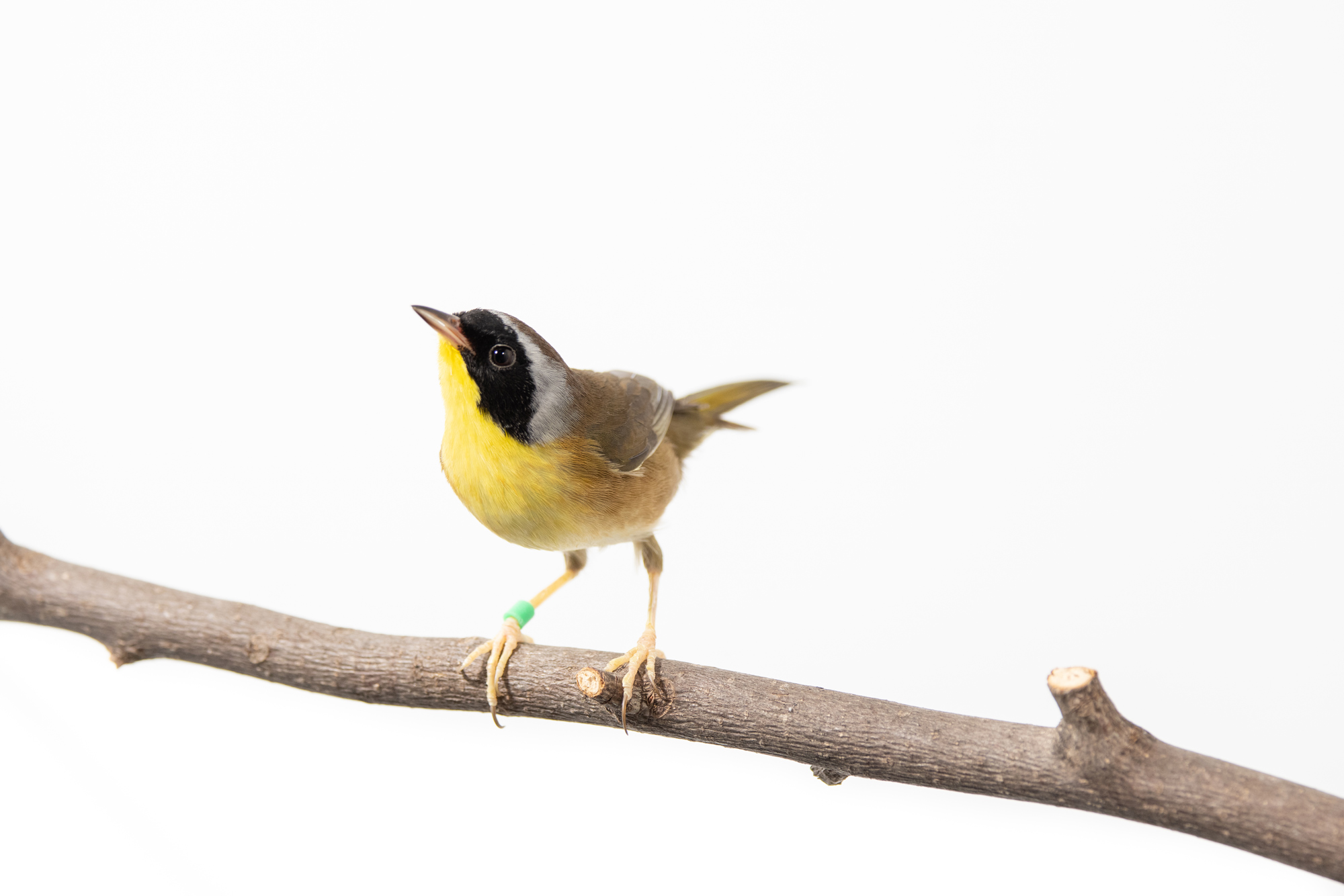
Birds would benefit if we reconsidered our relationship with both coffee and the montane forest ecosystems throughout the world’s coffee-growing regions. The expanding field of agroforestry provides a way forward. Agroforestry infuses agriculture — an exclusively human activity — with something a bit wilder: the forest ecosystems surrounding farms.
Take the case of birds and coffee: when farmers maintain native trees and forest on their coffee farms, birds return the favor by feasting on insects, including coffee pests like the coffee berry borer. This natural cycle can reduce the need for costly and harmful pesticides. Conserved and planted trees also cycle nutrients for healthy soils, decreasing the need for fertilizers and helping to make landscapes more resistant to drought. Agroforestry even champions the use of certain wastes as fertilizers, like the coffee husks left behind after coffee beans are processed and ready to roast.
Coffee agroforestry systems sustain both birds and humans: birds find more food, farmers spend less to manage coffee, and surrounding communities receive cleaner water and air. Just like nature itself, the efficiency and interdependence of these agroecosystems are a marvel.
The Smithsonian Migratory Bird Center has long championed the simple idea that birds matter. When we take care of birds, we take care of the interconnected natural systems that we all depend upon for survival. In the late 1990s, we developed the Bird Friendly® coffee certification to empower coffee growers and coffee drinkers to live bird-friendly lifestyles. Every purchase of Bird Friendly coffee supports a coffee farmer who maintains trees for birds on their farm.
Today, you can browse nearly 150 Bird Friendly® certified coffees online, representing over 35,000 acres of Bird Friendly farm land from Guatemala to Ethiopia to Thailand. Recently, we have started to connect with other initiatives working to make the world better for birds and people, from bird-friendly beef and maple syrup to architecture and rice. We are even paving the way for one of the sweeter bird-friendly treats: chocolate.
Letting our tidy, human lives become a bit wilder goes beyond drinking Bird Friendly coffee. You can live bird friendly by replacing manicured lawns with native plants, keeping your cats indoors, and covering your windows at night. These and other simple actions protect birds and ensure they can find food as they can continue their incredible migratory journeys. This World Migratory Bird Day, let’s get out there and witness migratory birds passing through our neighborhoods. And let’s embrace our wilder sides, so we can continue to enjoy birds and biodiversity for generations to come.
Scott Sillett is a research wildlife biologist and head of the Smithsonian Migratory Bird Center. Ruth Bennett is a research ecologist for SMBC’s Bird Friendly® coffee certification program, and Justine Bowe is the program’s manager.

